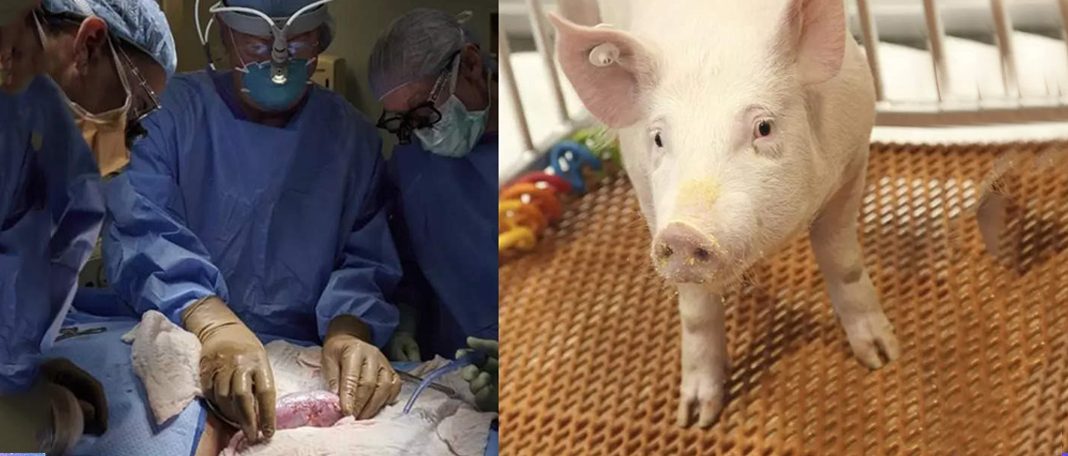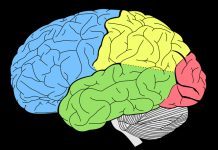For the first time in medical history, researchers and the medical team from the United States have successfully transplanted pig organs in human patients and found that the organ also worked normally and it hasn’t triggered any immediate rejection by the patient’s immune system.
For organ shortage, pigs have been involved in the most recent research. It is because they have large litters, short gestation periods, and organs that are similar to humans. Pig’s heart valves and skin grafts have already been in use. And now the pig kidney transplant has been under experiment.
The pig genes have been altered so that the molecules in the human’s immune system do not trigger any immediate reaction. Before transplanting the kidney, it was attached to the blood vessels of the patient’s upper leg, right outside of her abdomen for three days.
The patient who received this kidney transplant surgery was a brain-dead patient with signs of kidney dysfunction and was kept on a ventilator. After pig kidney transplant surgery, the researchers tracked the result for 54 hours and they noticed that there wasn’t any triggered rejection in the patient’s immune system.
In technical terms, the transplantation of tissues or organs from one species to another is known as Xenotransplantation. There are many Xenotransplantations that have been held but pig organs in humans, this is the first time.
Although the pig kidney was not implanted inside the body, the transplant surgery was successful as the organ worked normally by making urine and producing waste product creatinine.
According to the study, in the United States, nearly 107,000 people are waiting for organ transplants and among them, 90,000 are waiting for kidney transplants. On average, around 17 people die on the transplant waiting list and the waiting duration lasts from 3 to 5 years.
If the experiment gets pioneered, the pigs can provide an abundance of organs like kidneys, heart, and life to the patients who need them. Although the research gave the expected result, there are many long-term consequences and many questions are yet to be answered. So that the procedure will not be available to patients soon as there are many medical hurdles to overcome.


















